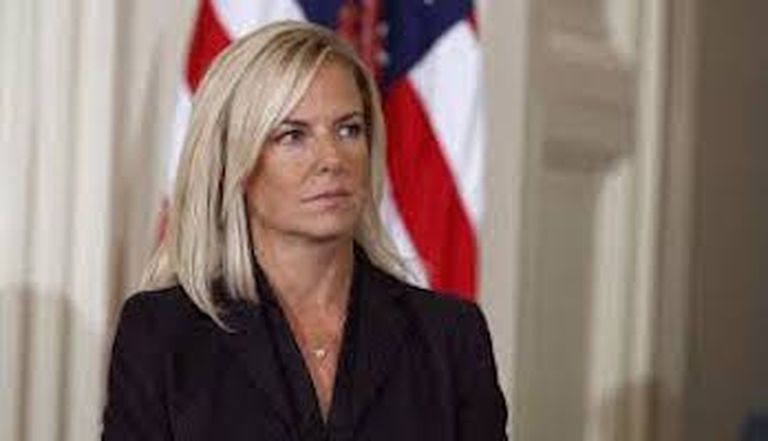
The Department of Homeland Security (DHS) will set up a new facility dedicated to defending the country’s critical infrastructure and backbone private industries from cyber attack.
DHS top brass has no doubt felt the sting of numerous forays by Russian cyber hackers into facilities that control vital U.S. systems for energy, water, transportation, communications, manufacturing, nuclear power, and the like. Relying on existing cyber defenses hasn’t done much good but, to its credit, the security agency appears to be stepping up its game.
On Tuesday, DHS Secretary Kirstjen Nielsen announced the National Risk Management Center at a cybersecurity conference in New York. The official pronouncement came only a week after the DHS warned that a Russian attack last year against industrial control systems had been more expansive than initially believed, involving hundreds of U.S. utilities not the few dozen earlier thought.
The Wall Street Journal first reported word of the new DHS cyber resource.
“In response to the increasingly complex threat environment and corresponding demand from industry for greater integrated support from the U.S. federal government, the Department of Homeland Security (DHS) is establishing a joint center to provide a centralized home for collaborative, sector-specific and cross-sector risk management efforts to better protect critical infrastructure,” the DHS said in a statement.
In theory, the center will be tasked with coordinating cyber security safeguards between the feds and private sector outfits that own and operate critical infrastructure. It’s also intended to serve as an information source for “the full range of government activities to mitigate .” However, the unit’s directive may be more challenging than simply connecting the right hand with the left -- lately, the network compromises of critical assets has come through the insufficiently protected doors of third-party suppliers.
The feds move to centralize cyber collaboration to protect vital infrastructure drew praise from an influential cybersecurity executive. SonicWall CEO Bill Conner, in emphasizing the urgency to gird for nation-state attackers, told MSSP Alert in an email that the “attention and commitment to cybersecurity is to be commended. Bolstering this announcement, it’s also imperative that we continue to build public-private partnerships to ensure we stay at the forefront of the cyber arms race to defend against the escalating ferocity of state-sponsored cyberattacks.”
Top Trump administration officials are expected to engage with business leaders at the cybersecurity summit. On Tuesday, in remarks at the event Vice President Pence pointedly termed Russian cyber meddling an “affront to our democracy,” The Hill reported.
“While other nations certainly possess the capability, the fact is, Russia meddled in our 2016 elections. That is the unambiguous judgment of the intelligence community and as the President said, we accept the intelligence community’s conclusion,” Pence said.
Still, Pence’s clear backing of the unanimous conclusions reached by the U.S. intelligence community regarding Russian interference appeared in stark contrast to the seemingly unsteady confirmations and back-pedals issued by President Trump, who has drifted from denial to endorsement and back again over the last two weeks.
Earlier on Tuesday, Facebook said that it had removed 32 pages and accounts on the social media giant’s platform and Instagram, tied to what appeared to be a coordinated political influence campaign with all the hallmarks of Russian mucking of two years ago.




